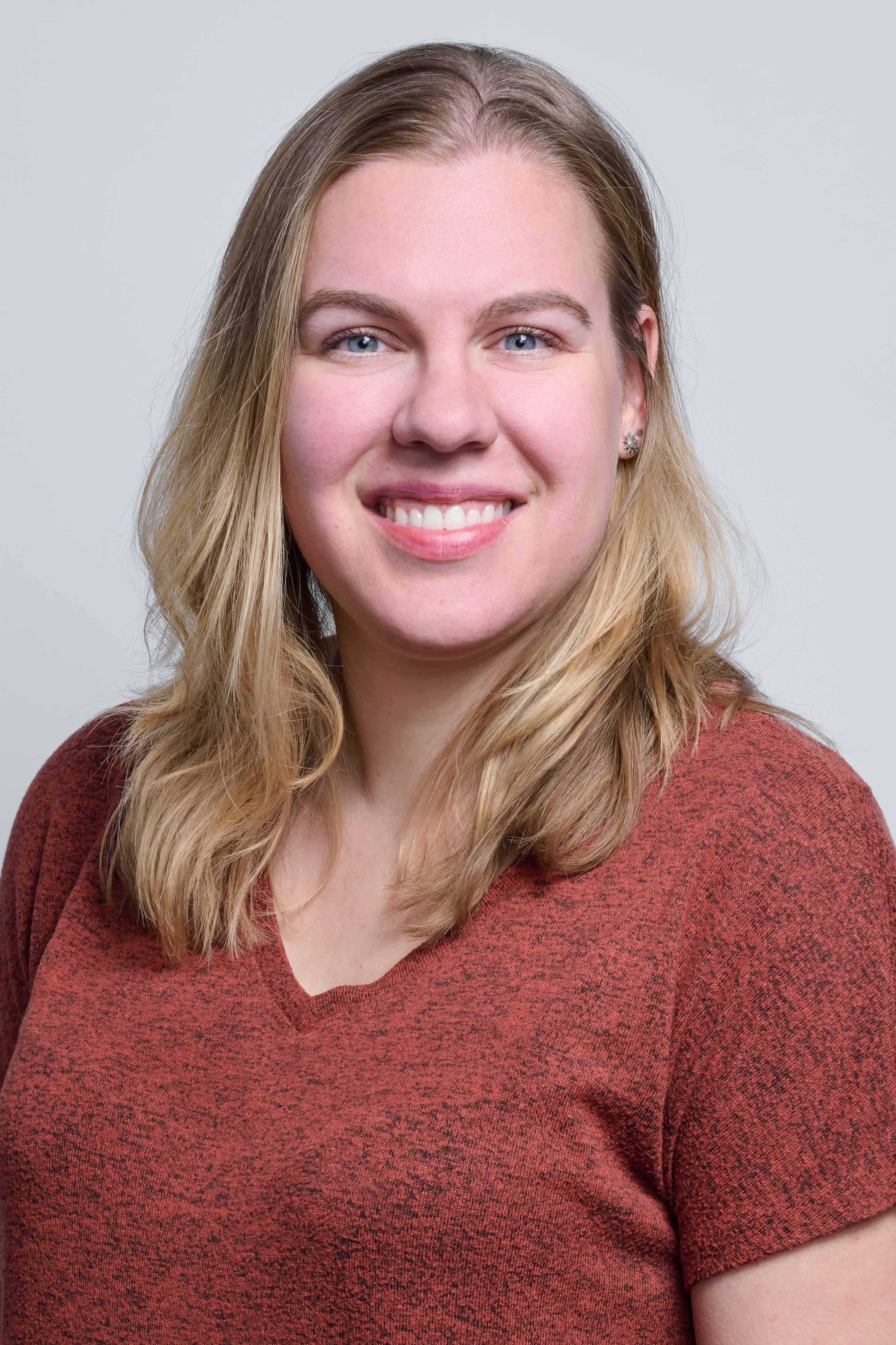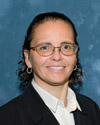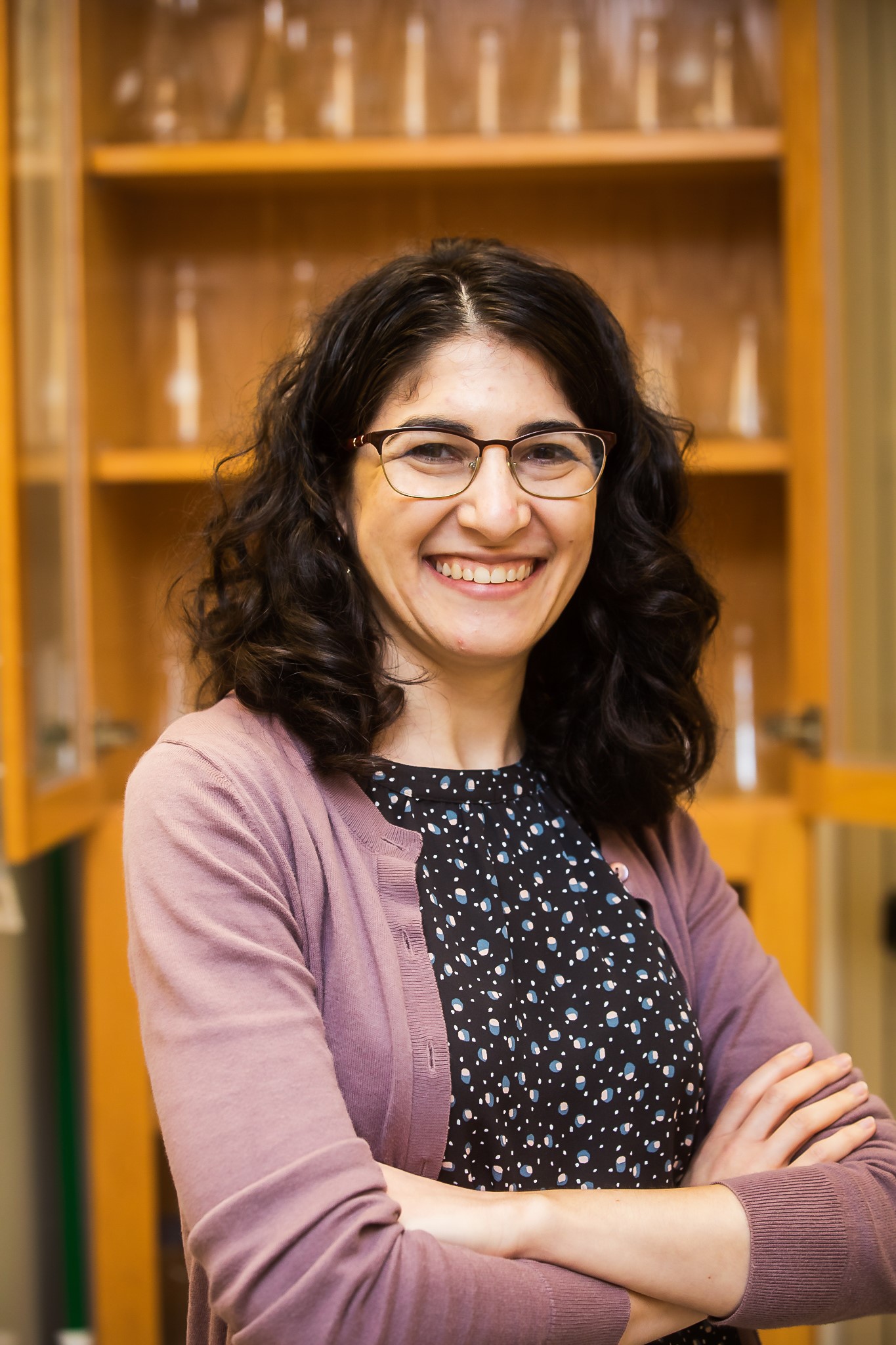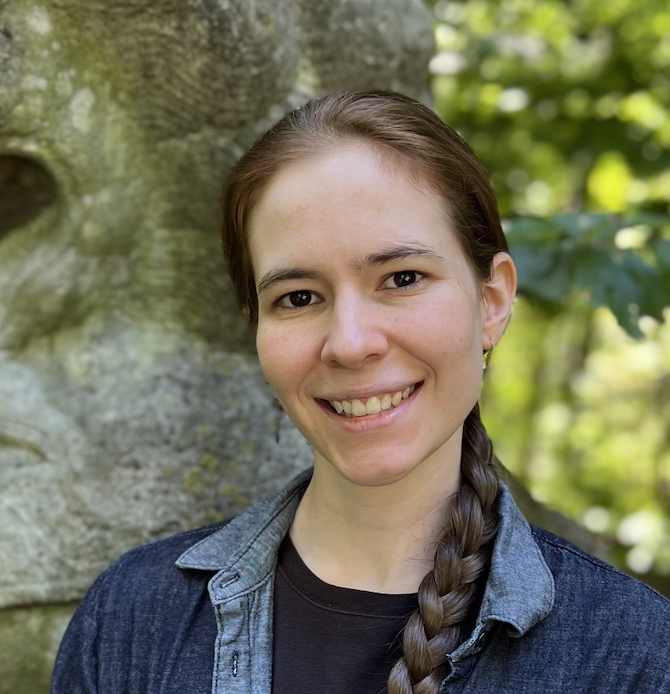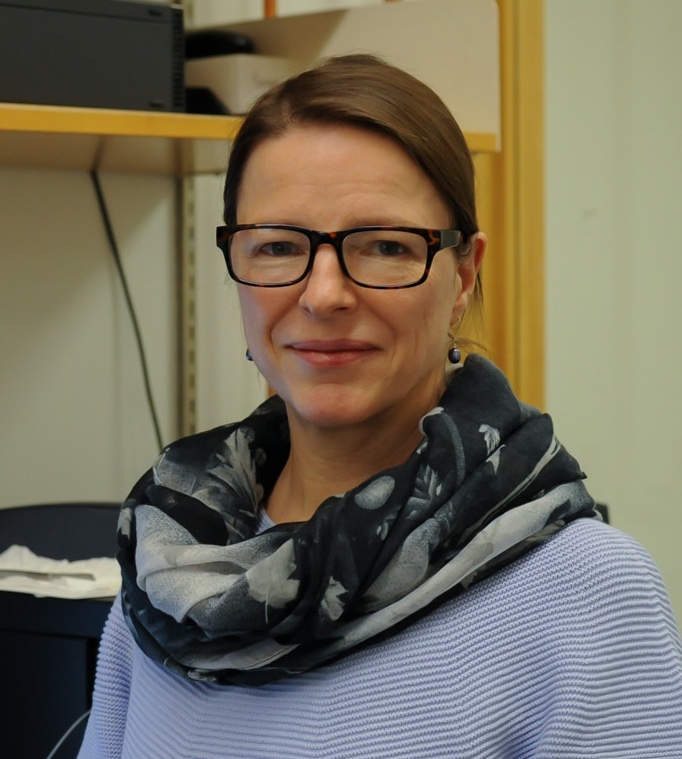
The 25th Annual Molecular Biophysics Retreat Speaker Biographies
Dr. Olga Boudker
Dr. Adele Bubnys
Dr. Kelly Thayer
Professor Thayer’s research interest is computational molecular biophysics applied to understanding biological molecules. Recently her lab has developed two new techniques for studying signaling in proteins: Molecular Dynamics based Markov State Models and Molecular Dynamics based sector analysis and machine learning/AI. Taken together, the methods identify the important residues in a molecule, and describe the energetic landscape of the system. This information is being used to develop new therapeutic drugs for cancer working to target key residues in the molecule to restore native functionality to p53, a key protein implicated in human cancer. The methods hold promise to create new medicines for currently incurable diseases by virtue of tackling the problem from this new perspective.
Prof. Thayer received her Bachelor’s Degree from Regis College just outside of Boston, MA in 1999. She then completed her Ph.D. at Wesleyan University in computational chemistry in 2004. Subsequently she continued learning computational techniques in a series of postdocs at Northwestern University, University of Massachusetts Medical School, and Massachusetts Institute of Technology (MIT). She held faculty positions at Vassar College, Assumption College, and Skidmore prior to joining the faculty at Wesleyan in 2016.
Dr. Oriana Fisher
Professor Oriana Fisher double majored in Biochemistry and English at Brandeis University, where her interest in structural biology was sparked while working in Prof. Greg Petsko and Prof. Dagmar Ringe’s joint laboratory. After graduating from Brandeis, she went on to receive her PhD from Yale University. As a graduate student, she worked in Prof. Titus Boggon’s laboratory where she studied the structure and function of cerebral cavernous malformations 2 (CCM2), a protein in which mutations have been implicated in neurovascular disease. She subsequently completed a postdoctoral fellowship at Northwestern University, where she worked in Prof. Amy Rosenzweig’s laboratory studying copper-dependent proteins produced by methane-oxidizing bacteria. Before coming to Wesleyan, she was on the faculty of the chemistry department at Lehigh University.
The Fisher lab investigates how bacteria respond and adapt to changes in their environments. We use a variety of complementary approaches spanning X-ray crystallography, bioinorganic chemistry, biochemistry, biophysics, and microbiology to investigate metal usage and enzyme mechanisms. Our longer-term goals are to harness our findings to develop novel treatments for bacterial infections.
Dr. Grace McKenzie-Smith
Professor Grace McKenzie-Smith uses high resolution imaging and machine learning to capture and quantify the behavior of freely moving insects such as fruit flies and ants. She is particularly interested in how social systems can make collective decisions based off of information held by only a few individuals. Grace completed her Ph.D. at Princeton University, and her B.A. at Bowdoin College.

